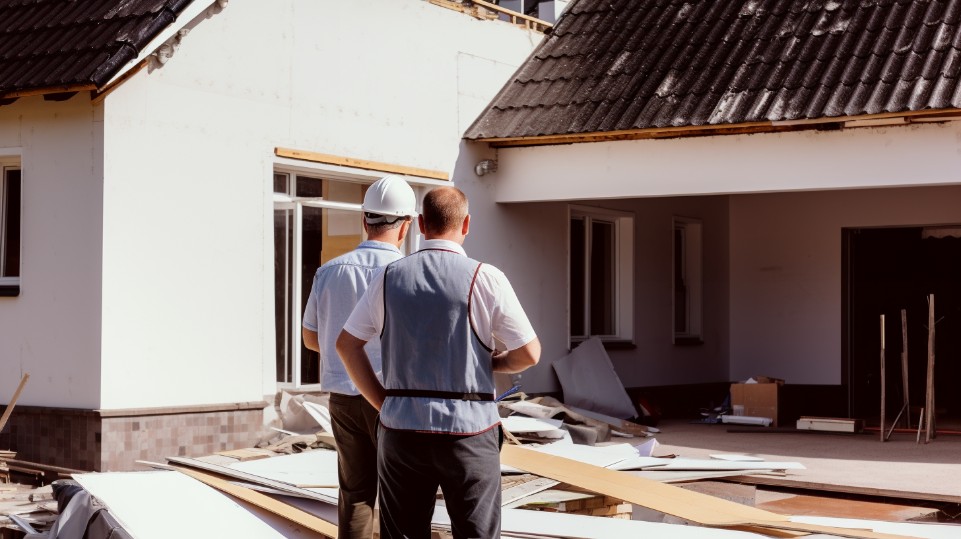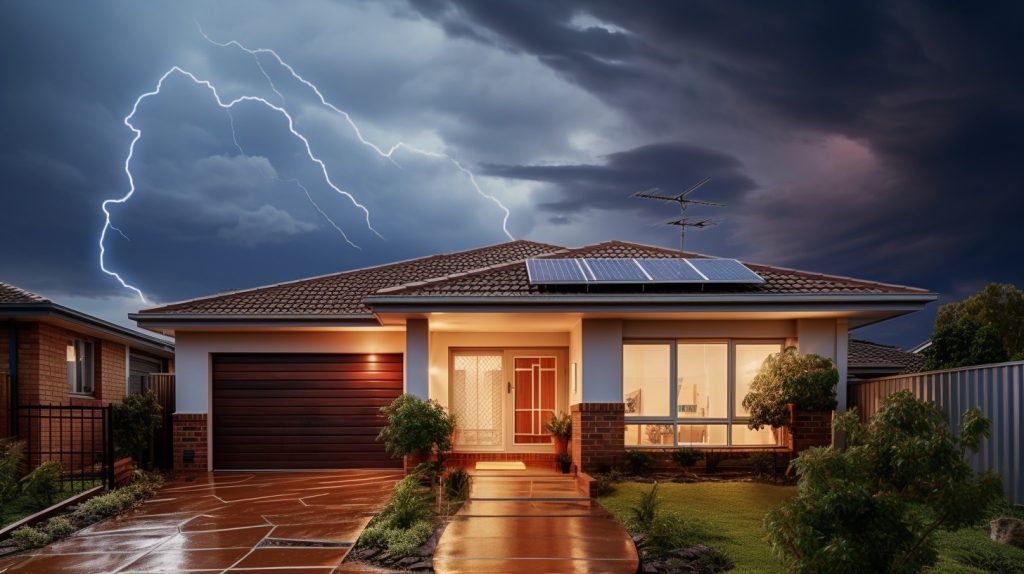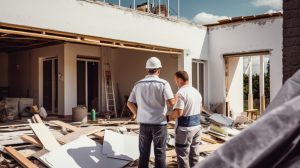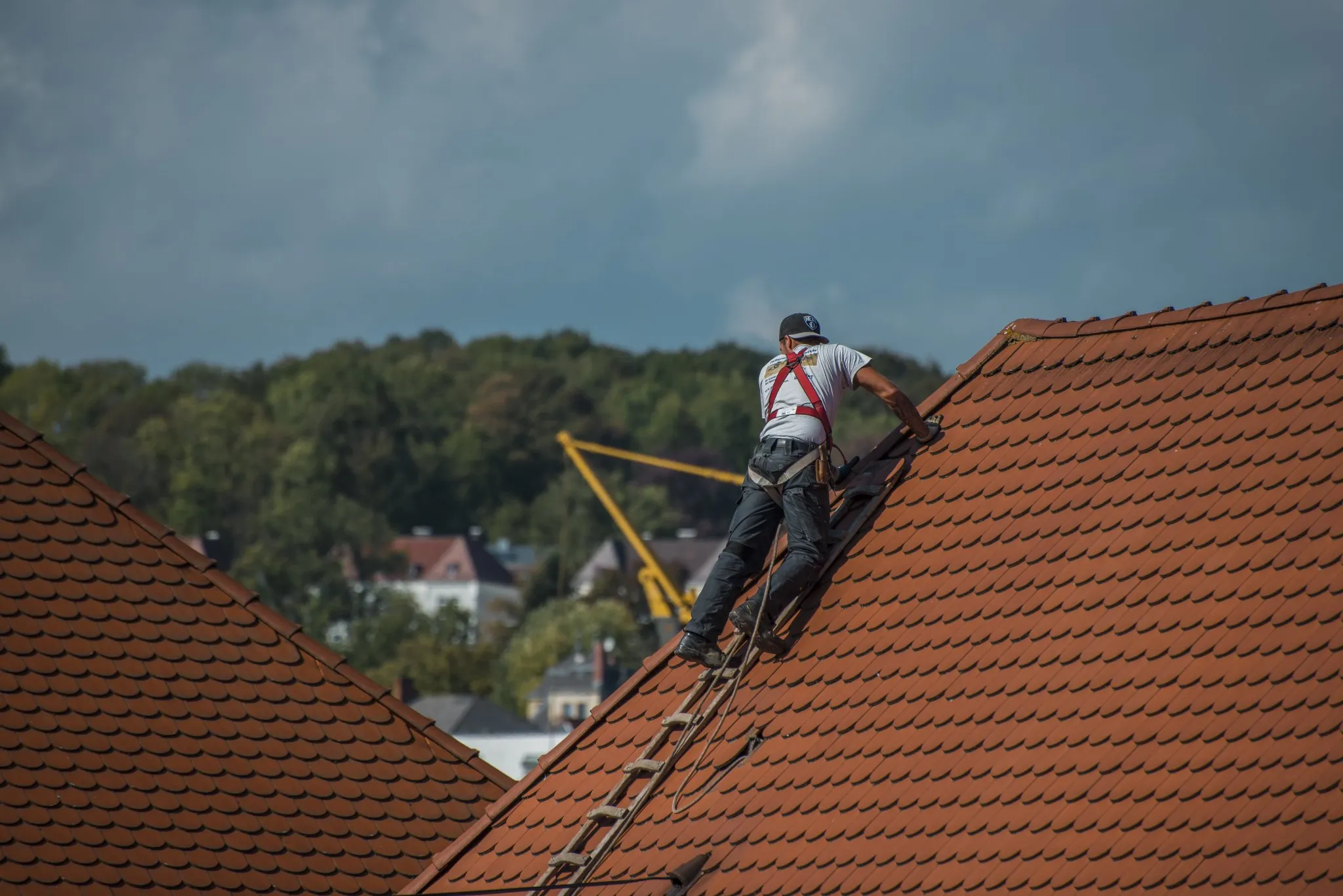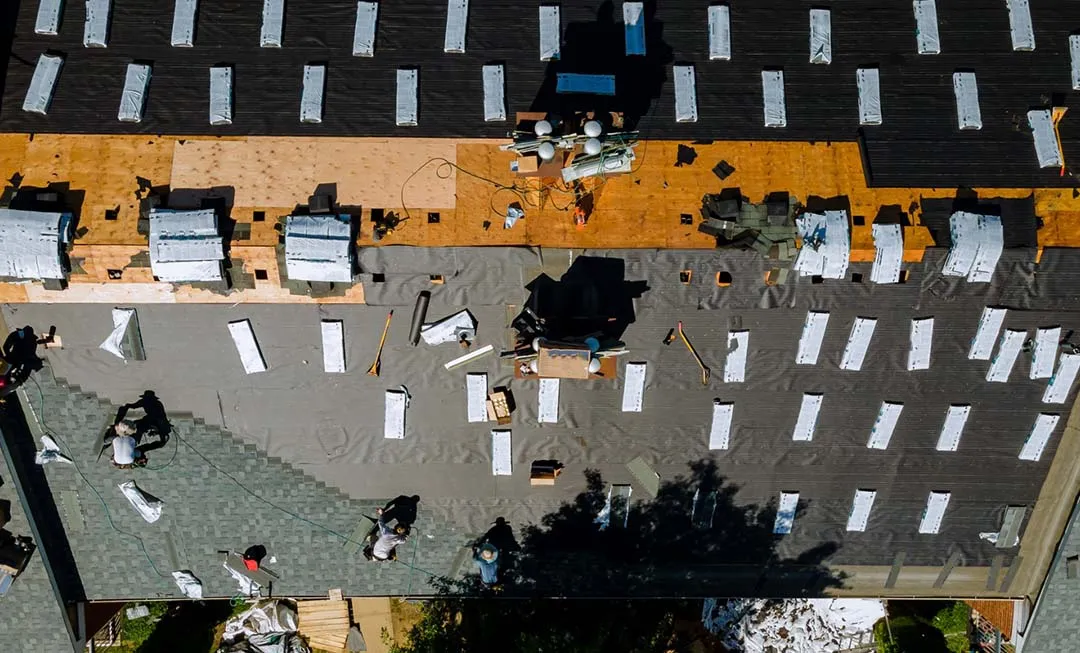Electrical Inspection Melbourne
Storms, hurricanes and other natural disasters leave people holding on to sheer hope to get their lives back on track. These events not only impact the psychological aspects but also influence the physical aspects such as electrical connections and structural aspects in the vicinity. Any faults in the electricity or related connections due to a storm can jeopardize the safety of individuals living nearby. Hence electrical emergency inspection are an important protocol to be followed after such events and on a regular basis during normal times too to avert any unforeseen events or damage.
Being prepared before a catastrophic natural event or any other incident is possible with regular Electrical Inspection.
Timely Electrical Inspection include:
- Safety switches are installed and tested for proper functioning on all circuits in the switchboard.
- All critical appliances not in use are switched of and unplugged.
- Surge protectors are installed to reduce electricity spike damage and help with general power surges.
- All electrical cables, lights, appliances, fixed wire phones or any conductive materials are checked for faults and functioning.
Once the storm or any other damaging event has passed Electrical Inspection are important to ensure:
- Safety of power outlets, electrical wiring or any other electrical installations in case of flooding of premises.
Electrical Inspection Report Melbourne
Once the electrical inspection is complete, the electrical inspector will provide a written Electrical Inspection report. This report usually includes the following:
- A list of required repairs
- Recommendations for optimizing energy efficiency
- Summary of the electrical inspection
In the case of electrical inspections for home sales and insurance claims, this report certifies that the inspection is completed properly and gives an idea of the required electrical repairs and their costs.
There are three different types of electrical inspections:
- Rough Electrical inspection: In such an electrical inspection wires, conduits and electrical panels and boxes will be inspected to ensure they are intact, and that all fire hazards around conduits and electrical panels are eliminated.
- Service inspection: This inspection involves the observation of the electrical service panel by a licensed inspector to ensure that the panel has been properly installed, fastened and grounded.
- Final inspection: During this electrical inspection, breakers are installed or inspected to ensure a full functionality of the electrical system.
Electrical Inspectors Melbourne
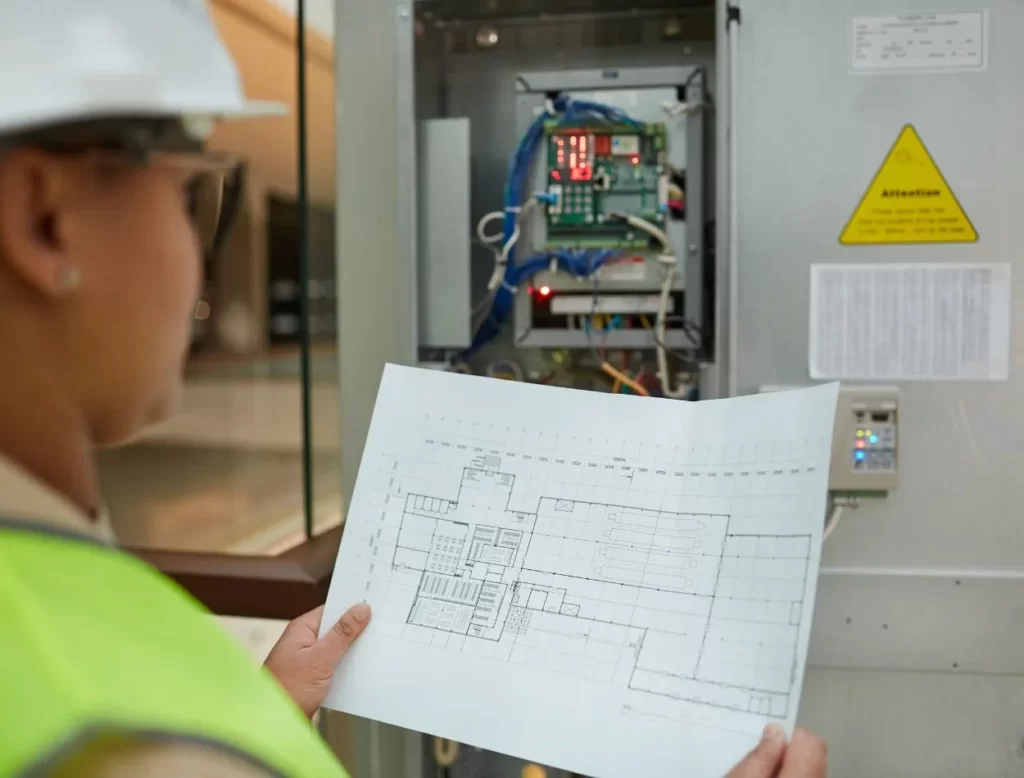
Lincensed Electrical Inspectors investigate both internal and external areas of the property to ensure a comprehensive assessment is conducted. An Electrical Inspector usually assesses the condition of the property’s consumer mains and switchboard, including conducting safety switch tests (if applicable) and IR tests on each circuit to ensure circuits are free from any potential electrical hazards that could threaten your home or business.
As per the standard electrical safety norms, Electrical Inspectors usually inspect the following:
- Consumer mains
- Switchboard and circuit protection
- Earthing and MEN link
- Condition of cabling
- Smoke alarm checks (including free supply and replacement of 9V battery)
- Power points, lighting and light switches
- Electrical appliances
Some of the common findings during these electrical inspections may include:
- Electrical hazards in electrical installations
- Overloaded electrical circuits or equipment
- Defective DIY electrical work
- No safety switches (RCD’s) installed
- No earthing or bonding
- Out-of-date or non-working smoke alarms
- Damaged cabling or outlets
Electrical Inspection Checklist
An Electrical Inspection checklist is a list of considerations covered under a standard Electrical Inspection to ensure safety.
An Electrical Inspection checklist usually consists of checking:
- All light fixtures, sockets, switches are in good condition and working.
- All wires are in good condition without any signs of deterioration, wear and tear.
- All circuit breakers, RCDs etc. are operating properly and fuse elements are appropriately installed.
- Suitability of all switchgear (MCBs, RCDs etc).
- Proper grouping and labeling inside the distribution panel.
- Earthing/grounding system is proper.
- Wiring method is up to date to ensure that it is suitable for current use.
- All wires of a circuit are grouped together.
- Proper insulation of electrical system near wet and damp locations.
- Wires or sockets are not overloaded.
- Replacement of extension cords with permanent fittings.
Electrical Inspection Certificate
A certificate of Electrical Compliance is a certificate that indicates the electrical work undertaken complies with the appropriate federal and state safety standards. The benefits of having a Certificate of Electrical Compliance are:
- Satisfaction and reassurance for the consumer, because the work undertaken is tested to the appropriate Australian standards.
- Sense of security for the electrician, as they are responsible for the work they carried out under the certification.
- Electricians can easily self-certify the work they’ve undertaken.
- Electrical work can be easily verified, audited, and regulated across the sector.
According to Australian Law, an electrical inspector/contractor/electrician who carries out any electrical installation work on a consumer’s premises must provide an electrical safety and compliance certificate to the home owner for whom the work was done within 28 days of completion of the work (the relevant person may be the Landlord, Tenant or any another party such as a builder or property manager).
An electrical safety and compliance certificate is a document that certifies that the electrical inspection work:
- Has been completed;
- Has been checked, tested and complies with all regulatory requirements; and
- Is safe to connect to the electricity supply.
A copy of the electrical safety certificate must be retained by the electrical inspector or electrician for a minimum of five years or until the next electrical inspection.
What is a Electrical Inspection?
Electrical Inspection is an investigative set of services performed by a certified electrical inspector to ensure the electrical safety of your home or business.
Who performs an Electrical Inspection?
Electrical Inspections are conducted by certified Electrical Inspectors or Licensed Electricians.
Can an electrician conduct an Electrical Inspection in Melbourne?
Yes, a qualified and certified Electrician can conduct an Electrical Inspection in Melbourne.
Can an electrician conduct an Electrical Inspection?
Yes, a qualified and certified Electrician can conduct an Electrical Inspection.
How long does an Electrical Inspection take?
Electrical inspection or safety check takes approximately 2 hours depending on the size of your property. It may take longer in case of the requirement of emergency repairs.
How long does an Electrical Inspection take?
Electrical inspection in Melbourne range in cost from $200 to $750. If Electrical Safety and Compliance Certificates are provided then extra charges may apply.
How often do you need an Electrical Inspection in Melbourne?
Whatever the reason for electrical inspection, irrespective of the fact that it is Electrical Inspection for Insurance, Electrical inspection for home purchase or renovation or Electrical Inspection after a natural calamity-
It is important to ensure the premises is electrically safe.
Electrical Inspection must be conducted every:
10 years for an owner-occupied home.
5 years for a rented home.
3 years for a caravan
1 year for a swimming pool.
Other times when a periodic electrical inspection should be carried out are:
When a property is being prepared for letting out for rent.
Before selling a property or buying a previously-occupied property.
After installation of new electrical equipment in the premises.
What happens during an Electrical Inspection in Melbourne??
In general an Electrical Inspection includes the following steps:
Electrical Inspection Scheduling
When you call a reputable electrical inspection companies near you, you can schedule an inspection within the next few days or weeks.
Any specific electrical problems that are potentially dangerous such as signed sockets or broken light bulbs, need to be mentioned in the initial call.
In an emergency situation, electrical inspectors may visit the site as an immediate response.
During the Electrical inspection, the electrical inspector will follow a checklist that ensures the inspection complies with local safety codes. Most inspections include:
- Ensuring minor safety and managing fire hazards
- Taking care of hazards such as ungrounded outlets
Testing of switches, panels, circuits and other electrical installations
Why do you need an Electrical Inspection?
Electrical Inspection are important because they help prevent future risk or damage. The main reasons a timely electrical inspection is necessary are:
To identify electrical wiring and components that may have degraded over time.
To uncover any electrical circuits that are overloaded.
To reveal if any electrical set ups lack earthing.
To identify any defective wiring or other mistakes made by non-certified electricians.
To locate oversized fuses or breakers that may cause an electrical fire hazard.
To find any potential electric shock risks.
Project Plus Services offer most comprehensive Electrical Inspection services in Melbourne for all your needs including electrical inspections for insurance. Project Plus provides electrical inspection services to ensure the electrical safety of your premises along with electrical inspection specialist reports in the shortest turnaround time of less than 24 hours from the time of site visit.
More about Electrical Safety Tips in Australia.

